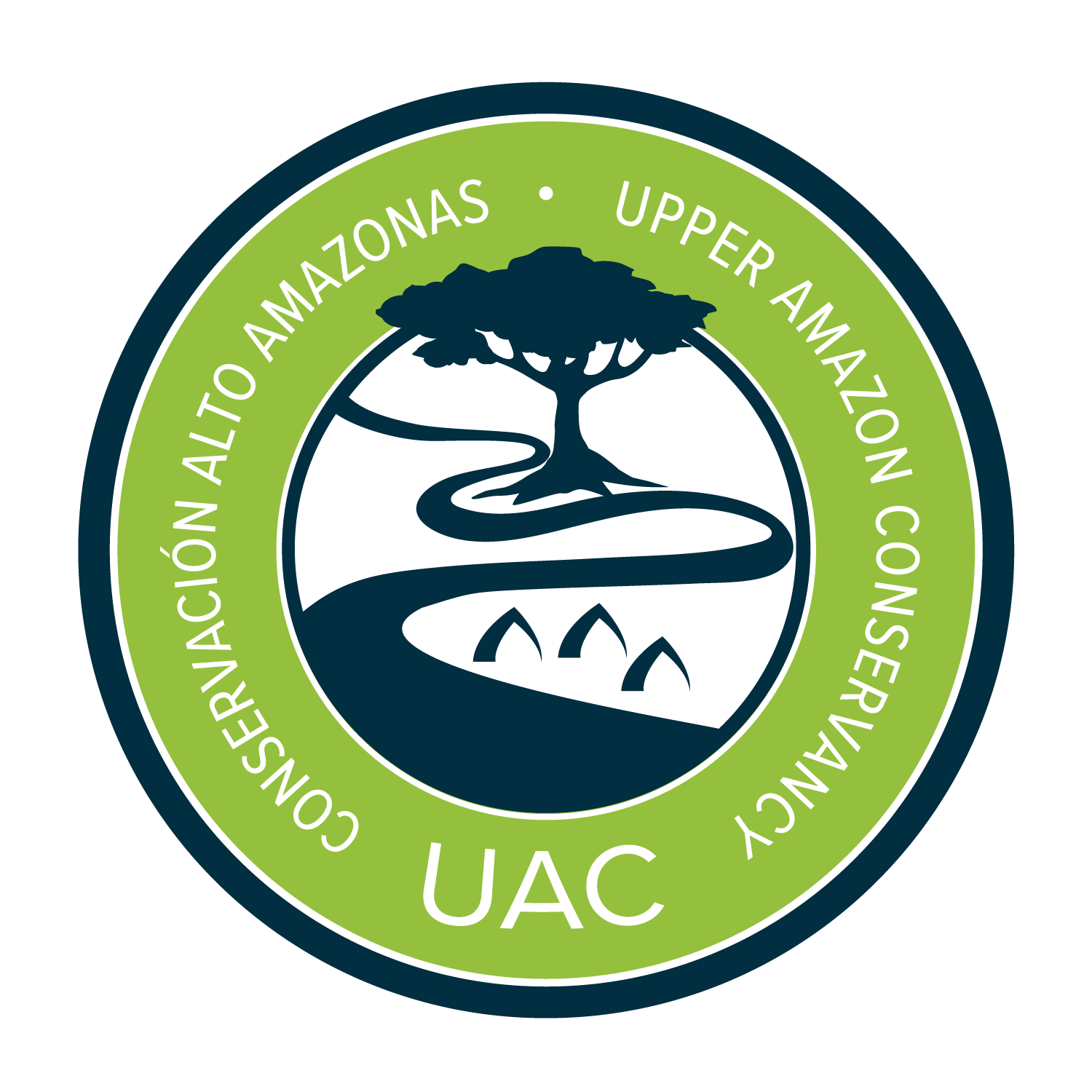Indigenous peoples are demanding urgent action to curb crime and deforestation along the border between Peru and Brazil
During the 9th Meeting of the Yurúa/Juruá/Alto Tamaya Transboundary Commission, representatives of indigenous peoples from Peru and Brazil gathered in the community of Sawawo Hito 40.
Faced with state abandonment, the expansion of organized crime and accelerated deforestation, indigenous peoples of Peru and Brazil joined their voices during the 9th Meeting of the Yurúa/Juruá/Alto Tamaya Transboundary Commission held in the native community Sawawo Hito 40. From there, they issued a forceful political statement and maintained an intense agenda of incidence in Lima.
From 2 to 4 June 2025, Sawawo Hito 40 in the Yurúa district (Ucayali) hosted the ninth meeting of the Transboundary Commission. This event brought together representatives from 28 territories and 13 indigenous peoples from both countries.
Representatives of indigenous communities from Peru and Brazil are discussing common threats to their territories, such as drug trafficking and deforestation, in the Sawawo Hito 40 community.
The meeting culminated in the adoption of the Sawawo Hito 40 Declaration, a political statement denouncing the Peruvian state's absence, the advance of drug trafficking, the imposition of forestry concessions without prior consultation and the construction of illegal infrastructure that destroys forests and pollutes water sources.
“Our territories have become areas of plunder. There are no longer any plants to heal us or animals to feed us. We demand that the state allow us indigenous peoples to take care of what belongs to us,” states the document, which is signed by the indigenous organisations ACONADIYSH and ORAU (Peru) and OPIRJ and APIWTXA (Brazil).
Delegation of Brazilian indigenous leaders reaffirmed their commitment to the protection of forests and the strengthening of binational articulation from Sawawo Hito 40.
The UC-105 road was one of the main causes for concern. This planned highway crosses rivers and streams more than 200 times, directly impacting the headwaters of the Yurúa, Amonia, Tamaya, Shatanya and Sheshea rivers. According to a study by the University of Richmond (USA), the construction of the road has already resulted in the deforestation of over 4,000 hectares between 2016 and 2023.
Aerial view of the UC-105 road, whose opening has generated the loss of more than 4,000 hectares of forest between 2016 and 2023, affecting river scents and indigenous territories.
“We call for dialogue to resolve these issues together. We do not want any more deaths in defence of the forest,” said María Elena Paredes, leader of the Sawawo Ashéninka community, in statements to the national media.
“The highway will not bring development; rather, it will lead to more land trafficking, deforestation and threats to our lives. There is no infrastructure connecting us to Brazil. What they are looking for is our wood," emphasized Fernando Aroni, president of ACONADIYSH.
The concern is not only local. The situation described directly affects the biodiversity of one of the most sensitive areas of the Amazon, which plays a crucial role in maintaining global climate stability. Therefore, indigenous representatives took their proposals and complaints to Lima, where they held key meetings with state authorities and international key figures.
As part of their advocacy agenda, they met with the Congress of the Republic and the Ministries of Foreign Affairs, the Environment, Justice, Agriculture and Culture. As well as with SERFOR, OSINFOR, SERNANP and the national indigenous organization AIDESEP. They also engaged in dialogue with delegations from UNESCO, the British Embassy, the Brazilian Embassy and the United Nations High Commissioner. They demanded respect for prior consultation, the revocation of concessions on indigenous territories and guarantees for the safety of indigenous defenders.
Indigenous representatives held key meetings with authorities in Lima to demand the protection of their territories and compliance with the prior consultation.
At Upper Amazon Conservancy, the NGO supporting the work of the Transboundary Commission, we recognize the importance of this cross-border collaboration. We therefore join the Commission in urgently calling on the governments of Peru and Brazil to listen to the people, respect their rights and stop illegal activities that endanger the lives and dignity of those protecting the forest.
Representatives of indigenous peoples, technical allies and civil society organizations gathered at AIDESEP to strengthen coordination and support for the indigenous agenda of territorial defense.






